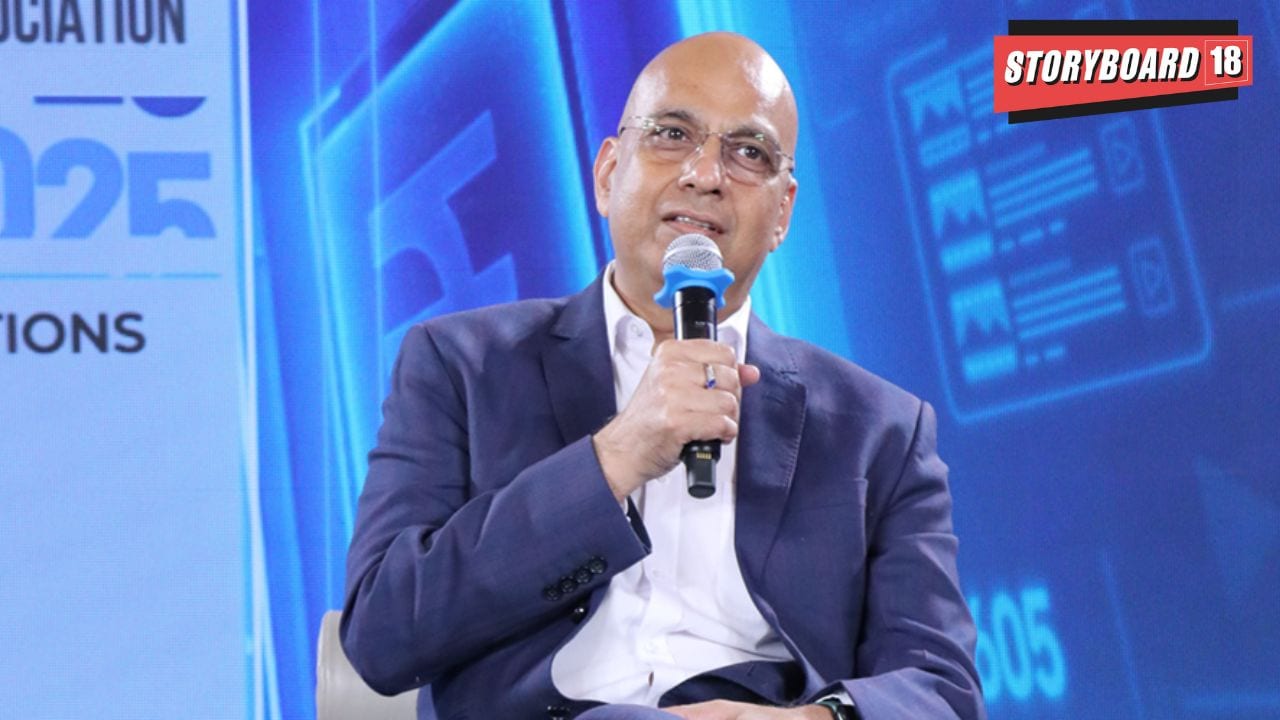In the era of Artificial Intelligence, Dabur India’s VP in Marketing, Rajiv Dubey explained how the company utilized an AI tool to regain consumers’ confidence at the Storyboard18 DNPA Conclave, held on Friday in New Delhi.
Dubey recounted that when the Dabur honey brand was embroiled in a controversy over its authenticity, they used a tool called “Brandwatch” to distinguish between the noise and reality surrounding their honey product.
Dubey said the company realised that the consumer’s confidence in the brand overpowered the noise.
“By using the AI tool, we generated insights and converted that into communication for masses,” Dubey added.
According to Dubey, Dabur India is placing significant emphasis on AI technology, including research demand forecasting, marketing, advertising, and optimizing spending. Dubey said the AI usage also helps retain consumers. However, when it comes to selling products, Dubey admitted that AI is not yet advanced enough to do so.
MeitY Secretary S. Krishnan on AI enforcement and news publishers’ role in driving quality content
Notably, Dabur India, in its third quarter reduced its spending on advertisement and promotion by 7.2 percent to Rs 226.72 crore in Q3 FY 25 from Rs 244.54 crore in Q3 FY 24.
The consolidated net profit of the science-based Ayurveda major witnessed a marginal increase of 1.85 percent in the December quarter to Rs 515.82 crore versus 506.44 crore in the corresponding quarter in the last fiscal. Dabur’s consolidated revenue jumped 3.1 percent to Rs 3,355 crore.
